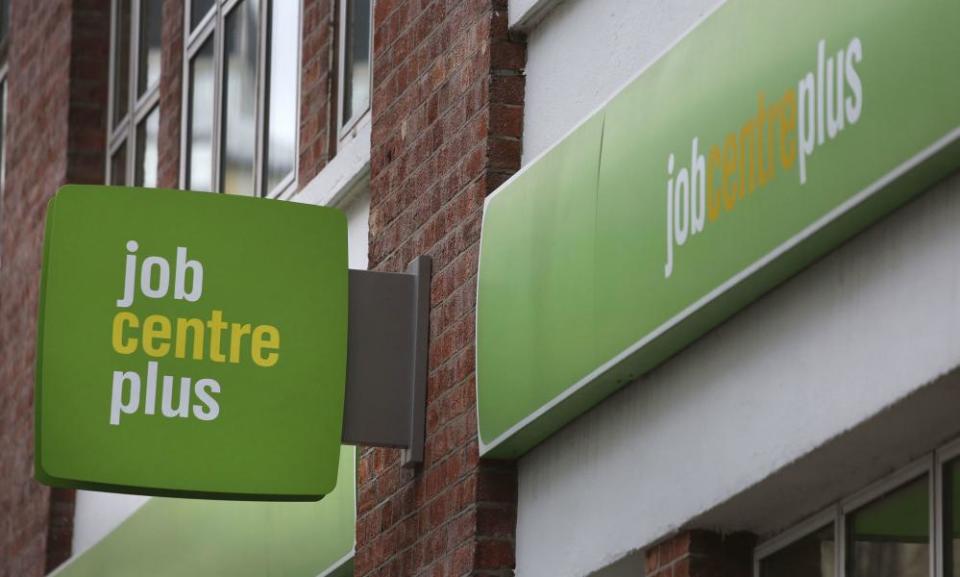Long-term sickness leaving 1.6m UK adults over 50 unable to work

More than 1.6 million adults aged 50 and over are unable to work because of long-term sickness amid ballooning NHS waiting lists and an exodus from the British workforce since the pandemic, according to the most detailed analysis yet of official data for this age group.
The number has increased 20%, or 270,000 in three years, according to an analysis of Office for National Statistics figures by Rest Less, a digital community and advocate for over fifties.
“Not only is this a national health issue with thousands of people suffering silently but it’s increasingly an economic issue too – not least because many of these people would like to work in some capacity, if the right opportunities were available to them,” said Stuart Lewis, the chief executive of Rest Less.
Related: Number of people in UK with long-term sickness rose to record 2.5m in July
The data compared reasons for economic inactivity by age group in July-September 2019 and July-September 2022. It showed that of the 2.8 million people out of work because of long-term sickness, nearly 60% were aged over 50. In total, almost 40% of economically inactive 50 to 64-year-olds were out of work because of long-term sickness.
The chancellor, Jeremy Hunt, promised a “fundamental programme of reforms” to get millions of people back to work in a keynote speech last week. The drive, he said, would be the key to fixing the UK’s “productivity puzzle”.
A rise in long-term ill health has significantly reduced the size of the UK’s potential workforce across all ages since the pandemic. But it is a particularly large driver of the reduction in available workers in their 50s and 60s, with the number of 50- to 64-year-olds economically inactive – neither working nor job-hunting – up by 375,000 since Covid struck.
In total, 27.6% of this age group were now inactive; an increase of 2.4 percentage points since before the pandemic. This is significantly more than the 1.5 percentage point rise in the working age population as a whole.
Since the pandemic, the NHS has struggled to keep up with demand, and waiting lists for routine operations have surged, hitting a record 7.2 million people in October in England. Those in need of hip and knee replacements are having to wait up to two years for treatment.
Kim Chaplain, a specialist adviser for work at the charity the Centre for Ageing Better, said. “These new stats make clear that long-term sickness is part of the challenge that the government needs to find solutions to.”
“Among the thousands highlighted, many are currently stuck within, or outside, an employment support system that does not work for them,” she added.
John, 64, was forced to retire last year because of severe arthritis in his hands. Unable to afford not to work, he went to Citizens Advice for guidance. He ended up volunteering for it, and is now being trained as a debt adviser.
“CAB saw past my physical disabilities to all that I have to offer them,” he said. “It didn’t take much to turn me from being a burden to someone able to continue contributing to society but I know I’m incredibly lucky: other employers would not have had that attitude.”
The Federation of Small Businesses revealed research that showed finding staff with the right skills was a major barrier to growth for one in three small firms. “You can’t tackle this skills crisis without attracting older people and disabled people into work,” said David Hale, a spokesperson for FSB. “That would help small businesses desperate for staff, those entering or returning to the workforce, and the economy overall.”
Bee Boileau, a research economist at the Institute for Fiscal Studies, said the findings were troubling. “This rise in long-term sickness for economically inactive people is very concerning,” she said. “It adds to growing evidence that the UK’s health is worsening.”

 Yahoo Finance
Yahoo Finance 